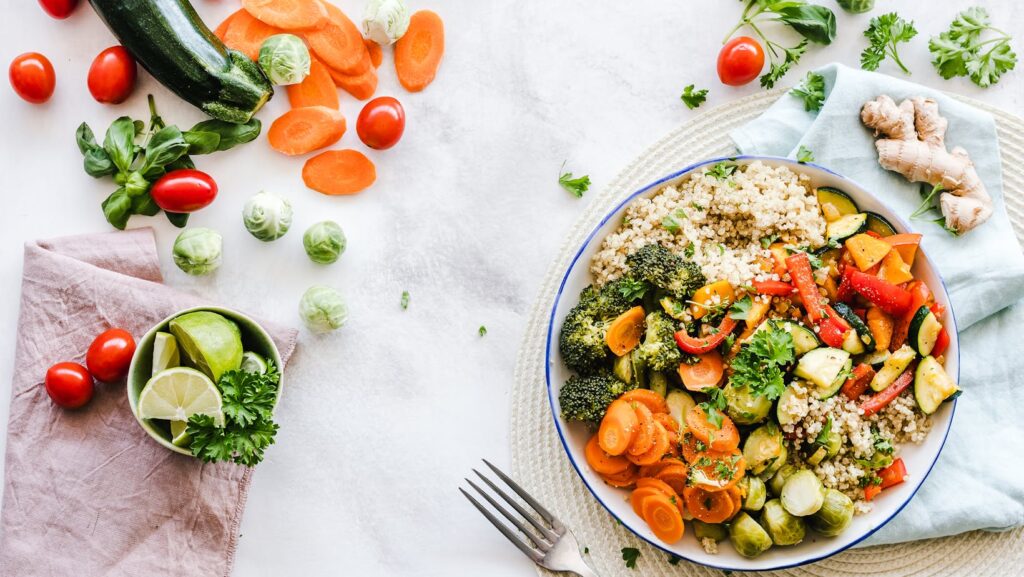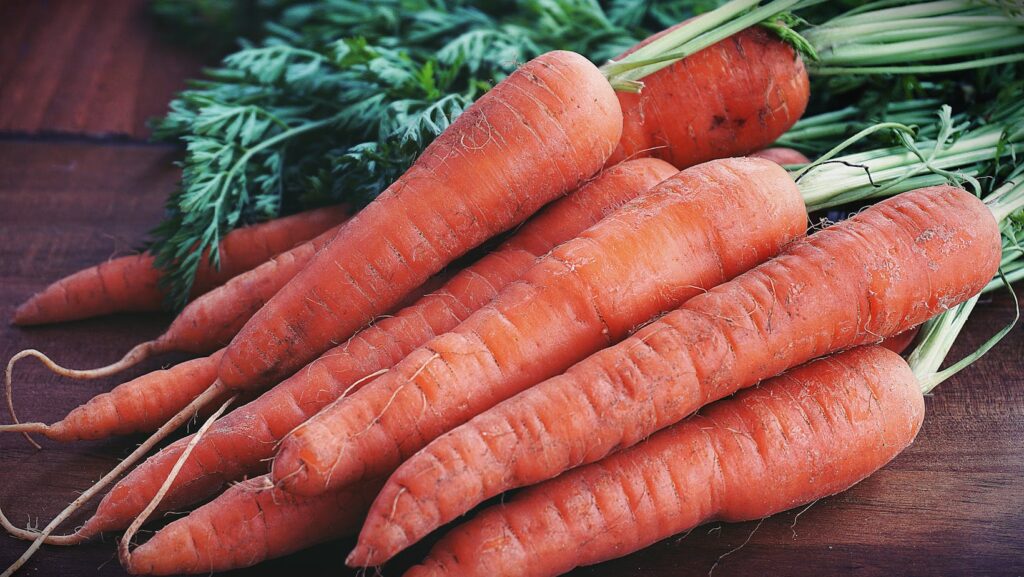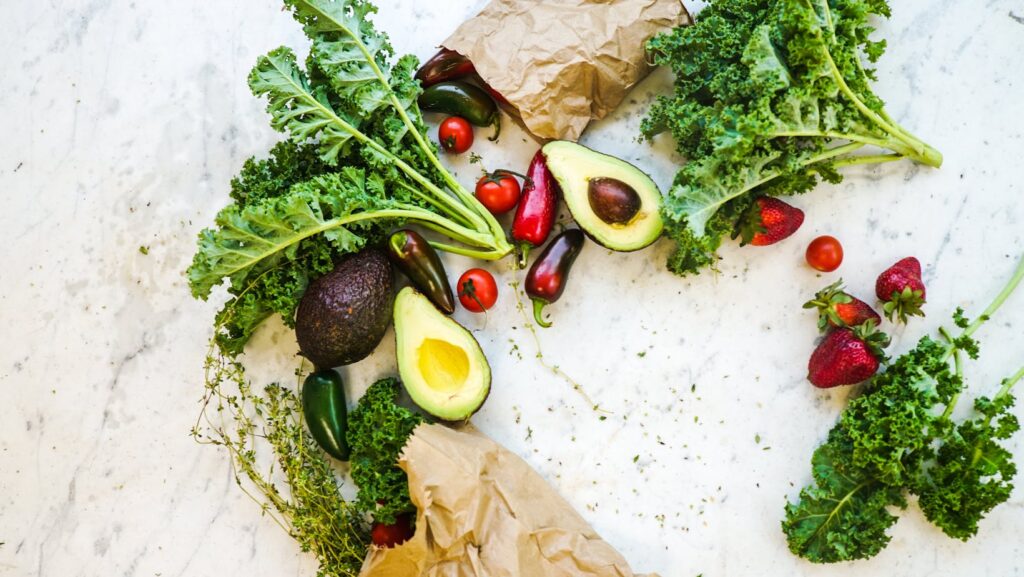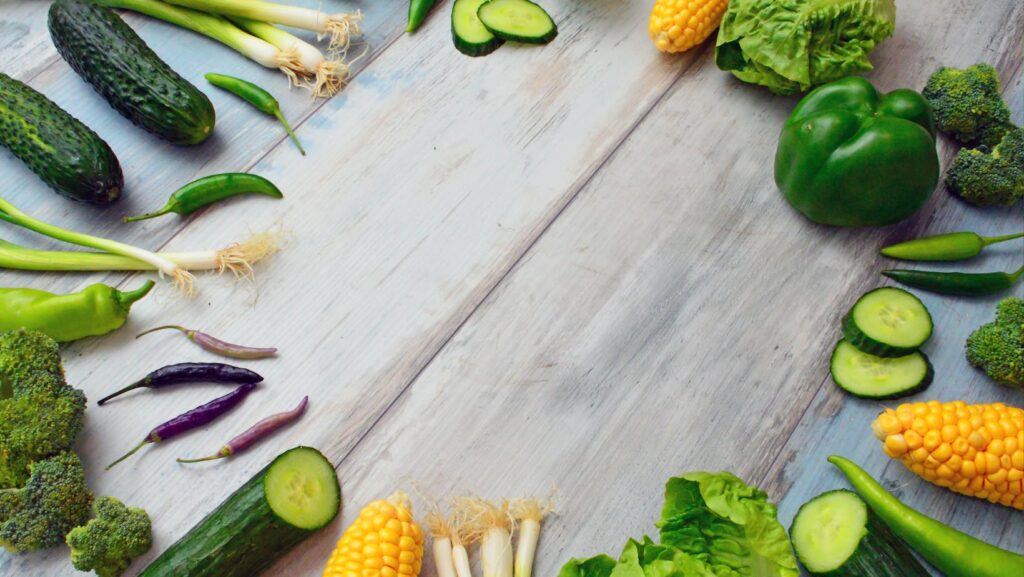As the chill of winter sets in, it’s time to warm up the kitchen with some hearty vegetable recipes. These dishes not only nourish the body but also soothe the soul, offering comfort on those frosty days. From root vegetables to winter greens, there’s a bounty of produce waiting to be transformed into delectable meals.
Winter Vegetable Recipes

Feasting on winter vegetable recipes isn’t just about easing winter chills, it’s about harnessing the rich benefits these seasonal wonders have to offer. Here, we delve into the nutritional value each of these vegetables presents and their seasonal availability.
Winter vegetable recipes, take root vegetables, winter greens for example, are little bundles of health. Bursting with essential nutrients like Vitamins A and C, they also pack in other health-boosting minerals like iron and magnesium. For instance, one serving of spinach has 2.7 mg of iron, which supports the creation of red blood cells. It also contains 58.2 mg of Vitamin C, enhancing the body’s immunity. Similarly, butternut squash holds high amounts of vitamins such as Vitamin A, possessing about 1144 µg RAE per 100 g. This nutrient aids in maintaining healthy vision and supporting immune function.
Exploring Types of Winter Vegetables

Root vegetables, sourced from beneath the soil surface, enhance winter meals with their robust flavors and hearty textures. Examples are beets, carrots, and parsnips. They’re packed with dietary fiber and vitamin A, qualifying them as nutrient-rich food sources perfect for winter meals. Beets, notable for their deep red color, contain folate and manganese. Carrots, recognized by their bright orange hue, offer an abundance of beta-carotene, which converts to vitamin A in the body. Parsnips, less-known but equally resilient winter regulars, contribute substantial amounts of vitamin C and folate.
Not to be overshadowed, leafy greens form an essential part of winter vegetable choices. Kale, spinach, and chard stand out as popular picks, resilient against winter chill. They deliver vital vitamins and minerals, including iron, calcium, and vitamins A, C, and K. Kale, a superfood adored for its high nutrient density, provides significant amounts of vitamin K, essential for bone health. Spinach, versatile in cooking, delivers a hefty dose of iron, needed for healthy red blood cells. Chard, with its distinctively colorful stalks, offers ample vitamin K, essential for blood clotting and bone health.
Popular Winter Vegetable Recipes

Winter presents the perfect opportunity to create warm, hearty vegetable soups and stews. Think of a vitamin-packed carrot soup topped with a drizzle of olive oil and a sprinkle of tangy feta. Or, consider a rib-sticking stew of beets and parsnips, with a generous dollop of sour cream to contrast the sweet root vegetables. Punctuated with herbs like rosemary or thyme, these recipes meld the distinct flavors of winter produce into comforting bowls of goodness.
Roasting vegetables in winter is another method that brings out their inherent sweetness while adding a desirable caramelized texture. A medley of beets, carrots, and parsnips, seasoned with spices, and tossed in olive oil makes for a vibrant side dish. Just as delightful, pair roasted brussels sprouts with a pinch of sea salt and a squeeze of lemon for a simple but flavorful accompaniment. These dishes celebrate both the adaptability and the flavor of winter vegetables – cheerfully brightening cold winter days.
Nutritious and Flavorful
Winter vegetable recipes truly shine when incorporated into hearty, nutritious meals. From the earthy beets, carrots, and parsnips to the vibrant kale, spinach, and chard, they all provide unique flavors and health benefits that are essential during the colder months. The immune-boosting soups, stews, and roasted vegetable dishes discussed are not just satisfying, but they also showcase the versatility of winter produce. By using methods like roasting, one can enhance the inherent sweetness and caramelized texture of these vegetables, creating dishes that add warmth and flavor to any winter day. So don’t let the cold weather get you down. Embrace the season’s produce and experiment with these winter vegetable recipes.

